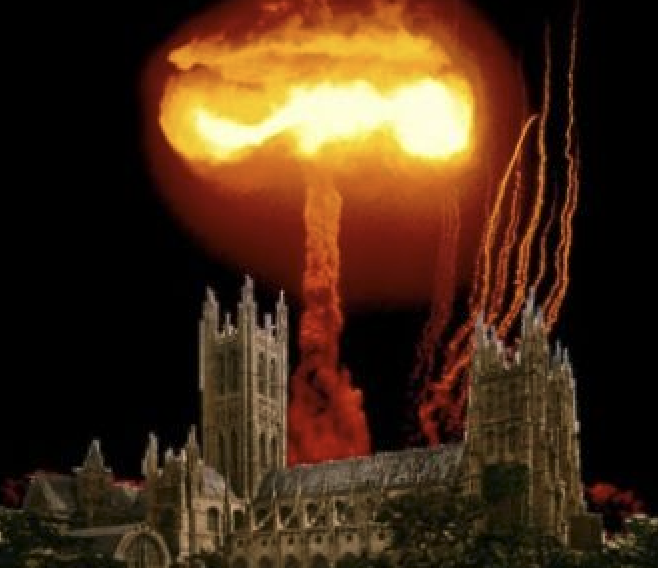Tragically, I could have written a “think piece” post about the following topic during every week over the past few years and it would have been relevant in terms of debates about politics, human rights, religious freedom and the practice of journalism.
I am talking about religious conflict in Nigeria, which often escalates into ISIS-level outbreaks of violence and persecution. But Nigeria is only one example of a wider problem in international news, at the moment. For more background, see the recent Richard Ostling religion-beat Memo with this title: “Buried story of 2022? The persecution of Christians keeps surging around the world.”
But let’s start with this new Reuters headline: “Catholic priest burned to death, another shot in north Nigeria.”
Actually, there is testimony that Father Isaac Achi was already dead, from gunshot wounds, when his attackers set fire to his home. There is some chance, however, that he was burned alive. Here’s the overture of the Reuters piece, which may be the only mainstream media coverage that has been done of this latest hellish vision of religious life in Nigeria:
Gunmen burned a Catholic priest to death and shot and injured his colleague in northwest Nigeria on Sunday, police said, the latest violence raising concerns about security ahead of an election next month.
Nigerians will vote for a new president on Feb. 25 but kidnappings for ransom and killings by armed gangs in the north have lead to fears that polls may not be held in some areas.
The motive for the latest attack was not immediately clear but gunmen have previously targeted priests in the largely Muslim north.
Once again, we see a phenomenon that I have written about many times here at GetReligion.
This kind of international story, in the context of America’s niche-media realities, is now seen as a merely religious, Catholic or even “conservative” story. Click here to see a Google News file illustrating this, in the case of the murder of this particular priest. There are the major, trend-defining newsrooms in this picture? That is, of course, the question.
But you can find more details (#DUH) in Catholic media.









